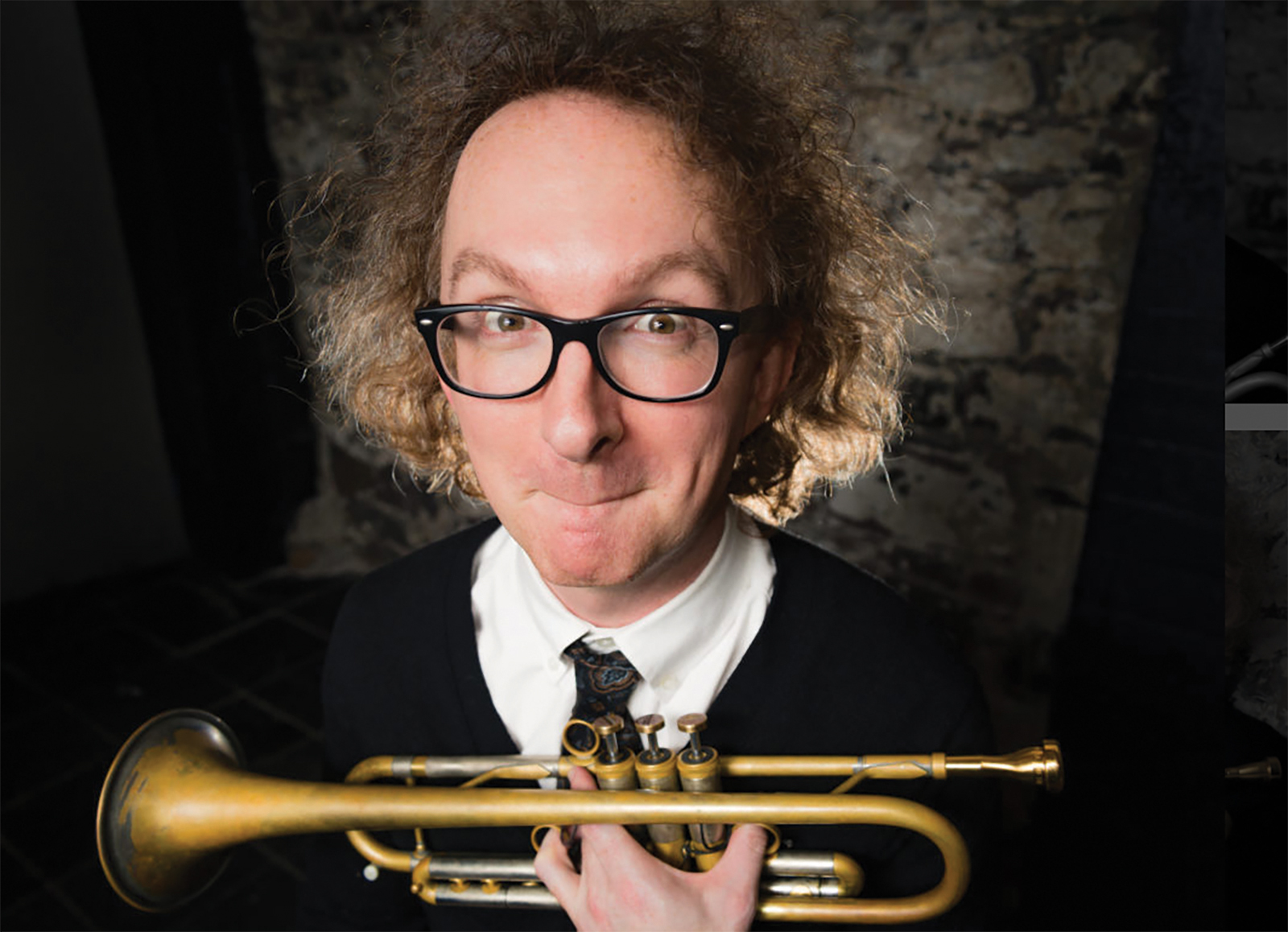Master jazz musician and professor Patrick Boyle talks improvisation, musical exploration and coming home ahead of the release of his new album After Forgetting
====
 Jazz is a music of passion, of conflict and compromise, of restraint and improvisation. Few know this as well as Patrick Boyle, a master trumpet player who is one of the more renowned practitioners in the genre across Canada.
Jazz is a music of passion, of conflict and compromise, of restraint and improvisation. Few know this as well as Patrick Boyle, a master trumpet player who is one of the more renowned practitioners in the genre across Canada.
Raised on music
A Newfoundland native, Boyle is an Associate Professor of Jazz Studies at the University of Victoria in British Columbia, an elite artist and prolific composer whose works have been commissioned for both film and stage.
“I was very lucky to be a part of great music programs growing up,” Boyle tells The Herald. “That music was encouraged. At a young age I was exposed to it. My mom was a music teacher, so there was always some type of music at the house.”
His fascination with jazz began in 1990 when he attended a concert by the renowned trumpet player Dizzy Gillespie. “I saw a group of people having an awful lot of fun on stage and I wanted to be a part of that,” Boyle recalls, explaining he picked up the trumpet and French horn soon after.
It has been a steady climb for the career musician, as his vibrant blend of eclectic styles have taken him to world  renowned stages like SXSW, and a 2009 appearance at the mecca, Carnegie Hall.
renowned stages like SXSW, and a 2009 appearance at the mecca, Carnegie Hall.
“I like improvising, I like making up music like right now,” he shares. “I like the feeling that creates and working with other people that like to make new things and that’s what jazz has given me. Now I have this really weird and wonderful position to teach it at university. I’m a pretty lucky guy.”
After Forgetting
Boyle returns home for the release of his latest album After Forgetting, which he worked on with the likes of Bill Brennan, Mike Downes and Mike Billard, and producer Glen Tilley.
“I’m very proud of it, very proud to work with these great musicians,” he says. “It took awhile for this record to come out because I wanted to do it right, I wanted the artwork to match the vibe of the record. There’s a lot of space, music you can bring yourself to.”
Ever in-tune with the jazz movement in Newfoundland and Labrador (he’s writing a book on the history of the genre on the island), Boyle marks his yearly returns to the rock on the calendar, a time for catching up with old friends, and of course, performance.
“We have an incredible history of jazz music in Newfoundland, always have,” he admits. “There has long been a tradition of this music in this province, that probably because there is so much culture and different types of music, jazz has probably gotten lost in the shuffle. But it has endured and there are great players who still play it, who study it and teach it. There’s tons happening.”
Jazz is a genre that has fascinated many, alienated some, and has often teetered on the fringes of mainstream. It’s a music that demands attention, and commitment, and one with a multitude of rewards
 “I think one of the enduring qualities of this music, jazz, is that it really requires people to work together while they’re playing the music. All music has that too, but in jazz you’re working together with each other in time.
“I think one of the enduring qualities of this music, jazz, is that it really requires people to work together while they’re playing the music. All music has that too, but in jazz you’re working together with each other in time.
“The music is happening now, it takes one minute to play one minute of music. It’s very urgent and that’s why the music has endured. I think there’s a timeless quality of the music through decades where people keep coming back, because it is quite visceral and real.”
The Musical Situation
As a shaper of young minds, Boyle is as good a source for advice as any when it comes to understanding the nature of the music that has shaped his life.
“Great advice for musicians in any music would be to listen to one another, but I mean really listen, actually consider what we’re bringing to the musical situation. Is what you’re going to play going to make the music better or best? Or are you better off standing back and waiting to be mature enough to let the music happen and be comfortable with the stage,” he says thoughtfully.
“In order to understand what’s going on you kind of have to listen to one another. It’s a bit like a democracy. Not everyone gets their way all the time, but there’s still a lot of freedom with that.”
The ‘After Forgetting’ album release show on December 13th at the Suncor Energy Hall at the MUN School of Music is free of charge, though Food Bank donations are encouraged. Visit patrickboyle.ca for additional show information and more.
